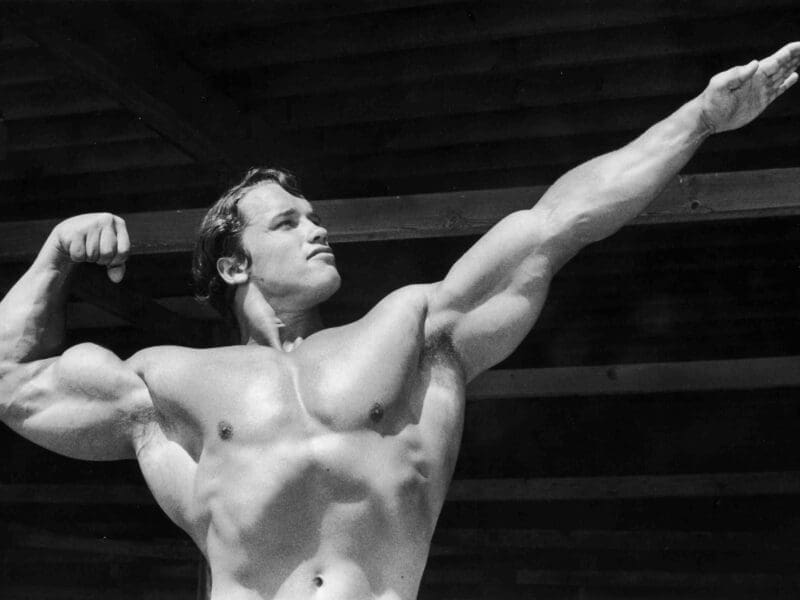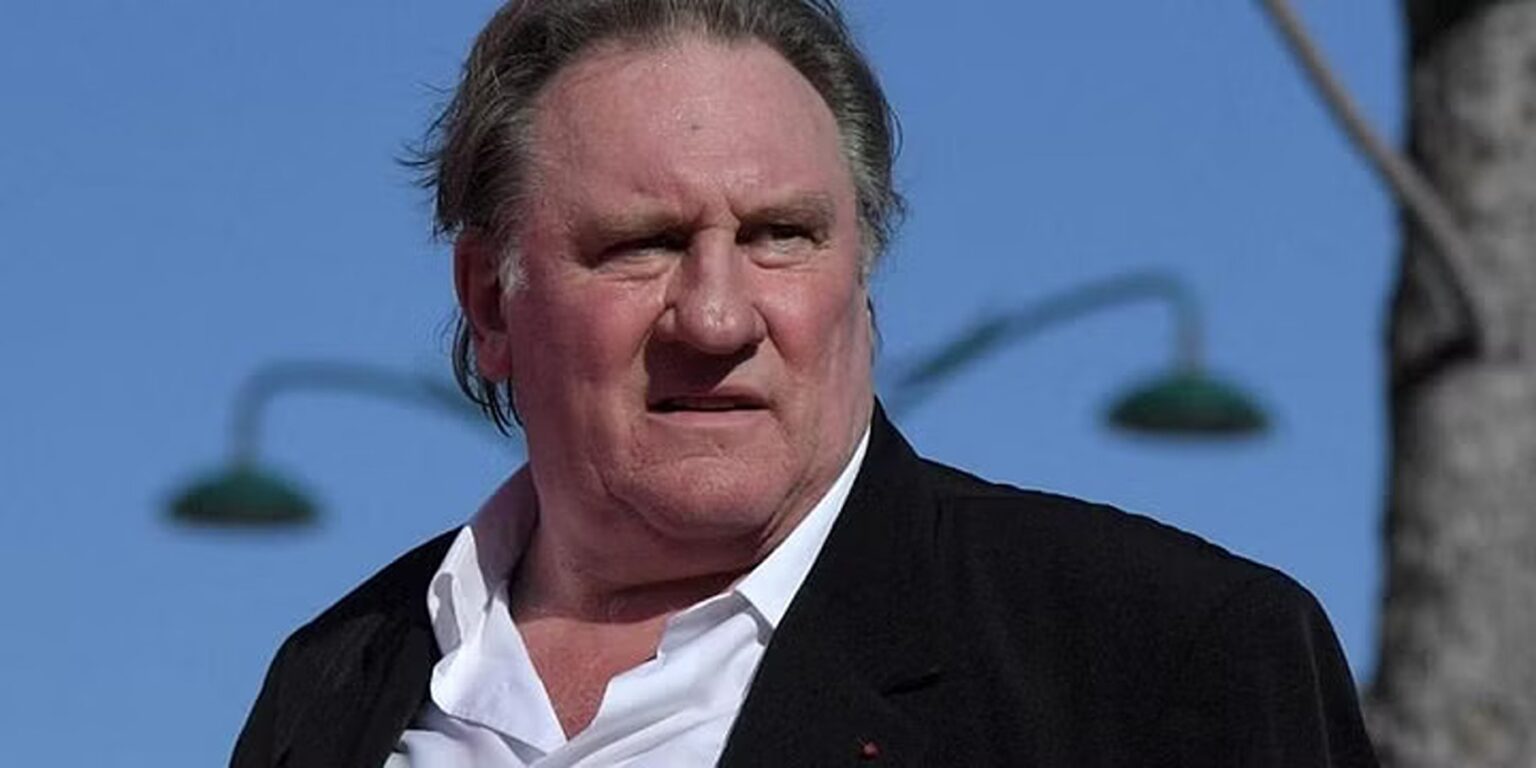
Is Gerard Depardieu about to be brought to justice as a rapist?
France, a country renowned for its rich cultural tapestry, has found itself in the midst of a new, rippling controversy: l’affaire Depardieu. This scandal, involving one of the nation’s most iconic actors, Gérard Depardieu, may not be as epochal as some past national crises, but it certainly is stirring up significant discourse about the intersection of culture, politics, and social ethics in contemporary French society.
Gérard Depardieu is a name that resonates beyond the borders of France. Known for his seminal role in “Cyrano de Bergerac” and a plethora of other performances, Depardieu has etched his name into cinematic history.
His accolades are many, including two Césars and France’s highest decorations, Chevalier of the Legion of Honor and Chevalier of the Order of Merit. However, the luster of these awards has dimmed considerably in light of recent allegations.

When Stardom Meets Scandal
The turning point came when actress Charlotte Arnould accused Depardieu of rape in 2021, a case that remains under investigation. Since then, sixteen other women have accused the actor of sexual aggression.
The seriousness of these accusations was underscored by an episode of “Complément d’enquête,” which aired clips of Depardieu’s visit to North Korea, showcasing his inappropriate behavior. These revelations have shattered the silence that once protected the actor, exposing a history of alleged sexual harassment and violence.
But not everyone agrees with this viewpoint. In December, Le Figaro published an open letter titled “Don’t cancel Depardieu,” signed by fifty prominent figures from the film and music industry.
This letter criticized the media’s treatment of Depardieu, framing the situation as a “manhunt” and an attack on art itself. The letter’s signatories included well-known personalities such as Charlotte Rampling and Carole Bouquet, highlighting a divide in the French cultural sector.
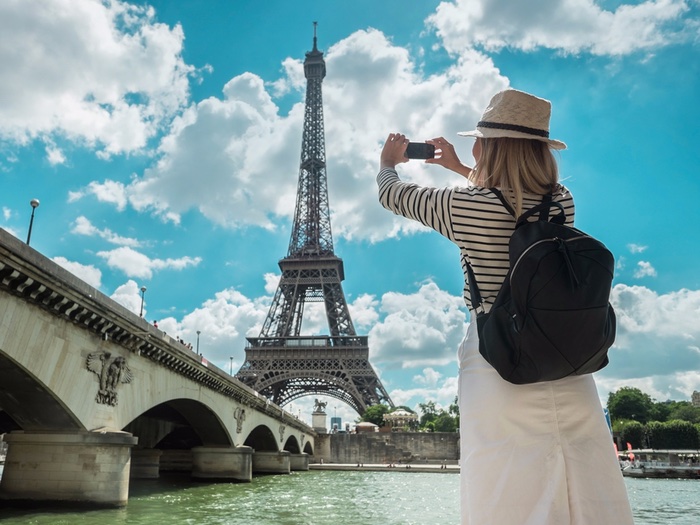
Cultural Quagmire
The situation becomes even more complex when the political affiliations of those involved are considered. Yannis Ezziadi, the author of the letter defending Depardieu, is known for his connections to the extreme-right, notably to Éric Zemmour’s advisor Sarah Knafo. This association is significant, especially when considering Zemmour’s controversial political stances and convictions for racist hate speech.
President Emmanuel Macron’s involvement adds another layer to this unfolding drama. During a televised interview, Macron criticized Minister of Culture Rima Abdul Malak for suggesting that Depardieu should surrender his Legion of Honor.
Macron’s comments, which echoed the sentiments of the open letter, seemed to sidestep the seriousness of the allegations against Depardieu and instead focused on defending the actor’s contributions to French culture.
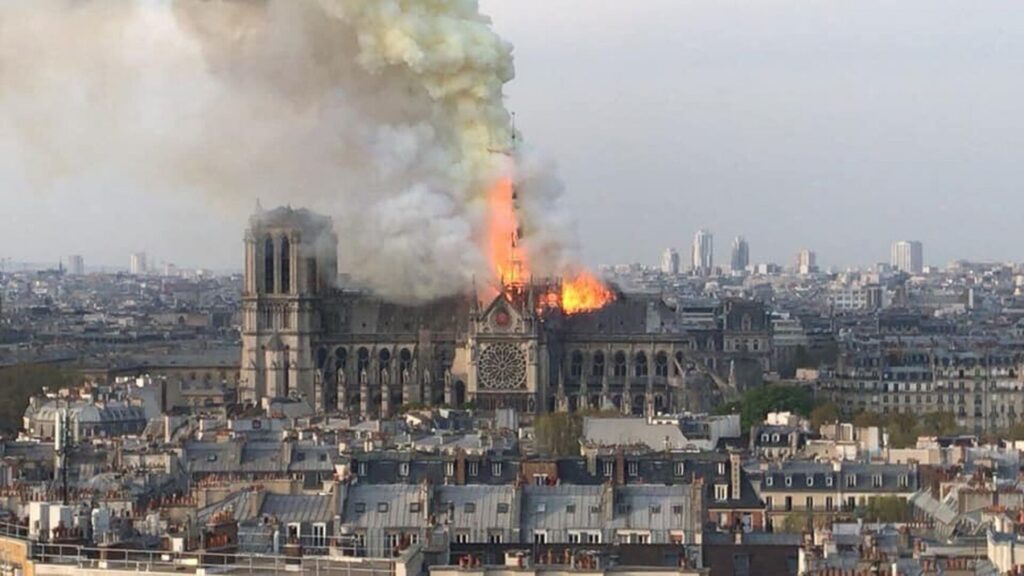
The biggest reflection
This controversy isn’t just about Depardieu or the accusations against him; it’s emblematic of a larger cultural and political shift in France. Macron’s response to this situation, which seems to align more closely with far-right perspectives, indicates a broader political realignment.
With the European elections on the horizon, the implications of this shift are significant. The rise of the extreme-right National Rally (RN) and its shared viewpoints with Zemmour’s Reconquest! signal a changing landscape in French politics, where issues of gender equality, foreign relations, and social justice are increasingly contested.
The l’affaire Depardieu thus becomes a mirror for the current state of French society, reflecting deep divisions and a struggle over the nation’s cultural and moral compass. As France navigates these turbulent waters, the question remains: Will the nation uphold its ideals of liberty, equality, and fraternity, or will it succumb to the pressures of a changing political and cultural landscape?
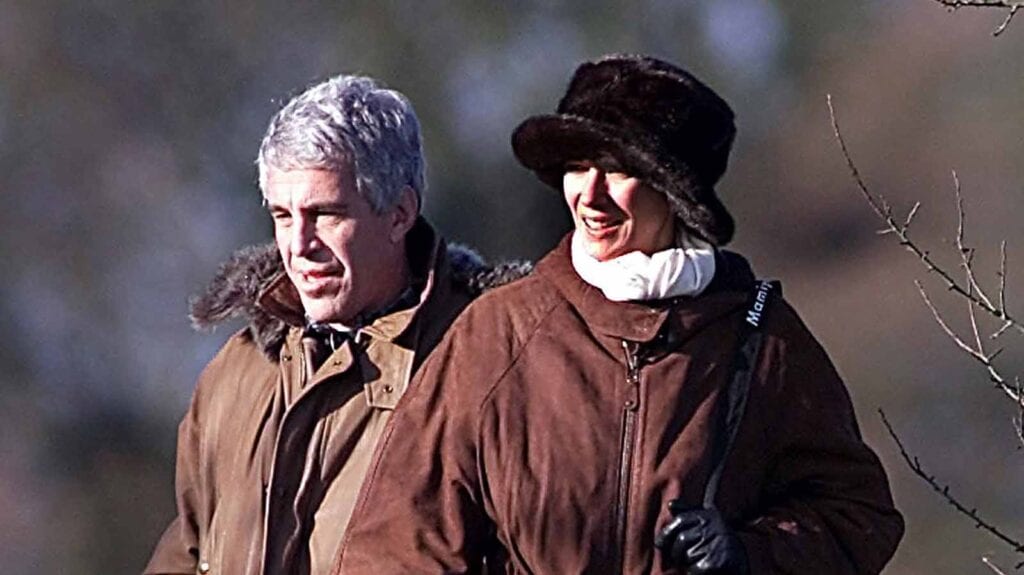
The future
As France stands at this critical juncture, it is vital to consider what these developments mean for the future of French culture and politics. The intertwining of cultural icons, political shifts, and societal values in l’affaire Depardieu is more than just tabloid fodder; it is a reflection of a nation grappling with its identity in a rapidly changing world.
As the European elections draw near, one wonders: How will France navigate this complex terrain, and what will be the impact on its global cultural standing?






